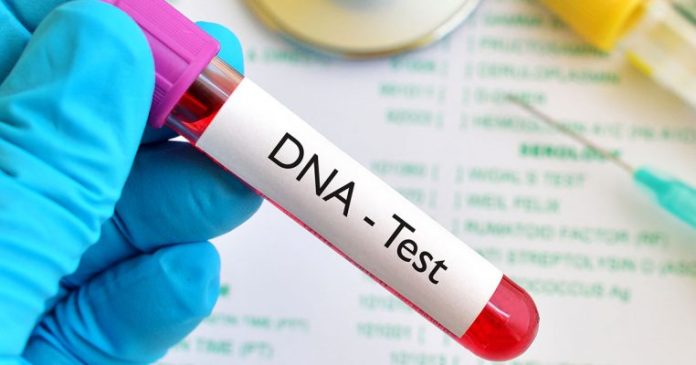
Nigerian mental health professionals have advised fathers not to reject their children if DNA tests confirm they are not the biological fathers.
The health experts spoke to the punch after a new DNA testing report released by a Nigerian forensic laboratory, Smart DNA Nigeria revealed that one in every four Nigerian men who undergo paternity between July 2024 and June 2025 were not the biological fathers of the children in question.
The 2025 Annual DNA Testing Report shows that 25 per cent of men tested returned negative results, slightly lower than the 27 per cent recorded in 2024. Firstborn children were the most affected, with 64 per cent of disputed firstborn sons and a significant proportion of firstborn daughters found not to belong to their presumed fathers.
Speaking with the publication, the experts warned that discovering one is not the biological father of a child is not a valid reason to emotionally or physically abandon that child, stressing that such actions could have devastating and long-lasting effects on the child’s mental health.
The physicians stressed that children must never be made to suffer the consequences of paternity disputes.
The mental health experts maintained that regardless of the biological findings, children deserve consistent love, care, and psychological stability.
The experts admitted the rising cases of paternity fraud in Nigeria, which has seen many men discover through DNA tests that they are not the biological fathers of the children they have raised.
While acknowledging that such revelations can be emotionally distressing for adults, the mental physicians warned that the real victims of these discoveries are often the children, who are subjected to rejection, neglect, and, in some cases, abuse.
A Consultant Psychiatrist at the Federal Neuropsychiatric Hospital, Aro, Abeokuta, Dr. Yesiru Kareem, said the emotional toll on a child who suddenly realises that the man he or she has always called “father” no longer wants to play that role can be catastrophic.
He explained that such rejection could lead to serious psychological consequences, including depression, anxiety, identity crises, and, in extreme cases, suicidal thoughts.
“The revelation that a man is not the biological father should never translate to withdrawing affection or responsibility from the child. The psychological trauma that follows such rejection can be long-term. These children did not choose the circumstances of their birth, and punishing them emotionally for it is both unjust and damaging,” he said.
Kareem stressed that fatherhood goes beyond genetics and should encompass emotional, psychological, and social responsibility.
He explained that many children form deep attachments with their father figures from an early age, and severing that bond abruptly can lead to lifelong emotional scars.
He advised that if paternity revelations must be addressed, they should be handled with compassion, discretion, and, most importantly, professional mental health support.
Kareem warned that exposing children to such shocking information without preparation can trigger a mental health crisis, especially in children between the ages of five and ten, who are still forming their sense of identity and belonging.
“Even when DNA results reveal non-paternity, it is important to continue providing emotional support and stability for the child. Abandonment only compounds the trauma,” he added.
Also speaking, a clinical psychologist, Dr. Juliet Ottoh, emphasised that the way such information is handled makes a significant difference.
She said children may interpret rejection as a personal failure, which can damage their self-worth and trust in others
Ottoh explained that children in their formative years are highly sensitive to emotional shifts in their environment.
According to her, discovering that their father is no longer willing to relate to them as before, especially after a DNA revelation, can lead to confusion, fear, withdrawal, and academic decline.
“Children might feel betrayed or even blame themselves. In some cases, they internalise the rejection, believing that they are unwanted or unloved. This can follow them into adulthood, affecting their relationships, mental health, and general outlook on life.”
Ottoh warned that negative paternity revelations can also expose children to societal stigma and ridicule, especially if the situation becomes public knowledge.
She stressed the importance of protecting children from such scrutiny and urged families to avoid turning the matter into a source of public drama.
The physician also noted that some male children who witness their fathers reject them due to DNA results may grow up distrusting women, while female children may develop fears of being rejected or lied to in future relationships.
The psychologist urged fathers to continue fulfilling their parental responsibilities even after discovering non-biological ties.
“Many of these men have built relationships with these children over the years. To walk away suddenly is to undo all the emotional foundation that has been laid.
“Fatherhood is not only about blood—it is about presence, love, and support,” she added.



